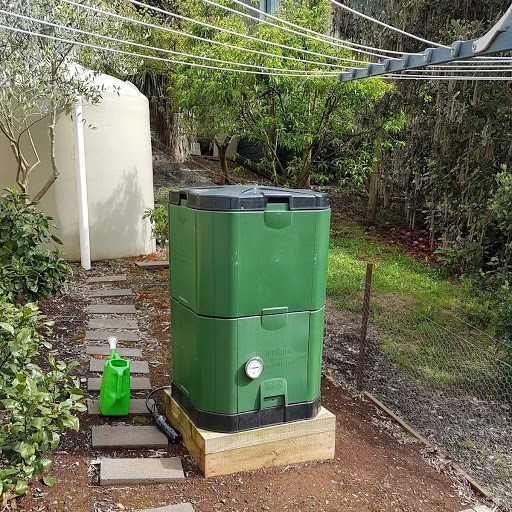RWAs of Ahinsa Khand II have sought help from IPCA to suggest a solution for managing waste generated by high rises. The NGO says the solution lies in ensuring proper segregation of waste at the source.

To manage the waste produced by high rises of Ahinsa Khand II, RWAs of the locality have decided to get help from an external agency.
“We don’t want another Ghazipur landfill coming up in our vicinity,” said Jayati Jain, member of Green Team, which is in touch with Indian Pollution Control Association (IPCA), a non-government organization (NGO), to suggest a solution for managing waste generated by high rises.
“We are teaming up with IPCA to start a pilot project in which residents and housekeeping and maintenance staff of the societies would be sensitized to segregate waste at source. We would hold workshops, meetings and training sessions to spread awareness among the residents,” Jain told.
IPCA has been working to provide solid waste management solutions to corporate, industries, educational institutes and residential colonies.
The pilot project would include around five societies and will encompass training them to manage the waste.
Nitin Sharma, project coordinator of IPCA, said, “IPCA would collaborate with RWAs and manage the waste produced by them. We would encourage residents and maintenance staff to segregate waste at the source. Then we will move to the next steps of waste management.”
There are three steps to waste management – segregation, disposal and composting.
“Once the segregation process is in place, proper disposal of waste becomes easier and way more effective,” said Jayati.
“A simple step of segregation increases the utilization of waste by as much as 40%. As without segregation, most of the dry waste, which can be recycled, gets mixed with wet waste and becomes unfit for utilization,” Nitin added to it.
Meanwhile, IPCA and the team have also chalked out plan for the next process – segregation.
Currently, the waste collection agency appointed by the authority is only using dry waste for recycling. However, what is done with wet waste is unknown. Even dry waste can’t be recycled as neither the residents nor the agency segregates the waste.
Jayati and Nitin said that staff of waste collection agency will also be given training so that they can utilize maximum of waste before disposal.
After that, the biggest challenge left would be the management of wet waste. “We will compost it,” told Jayati. “We have two options. Either we ask the authority for a land where we can start composting or we can pitch in a corporate to help us manage wet waste.”
While Jayati said that the team is in talks with the Ghaziabad Development Authority (GDA) regarding availability of land for setting up a composting unit, they have also thought of an alternative plan.
“IPCA has proposed using a composter dustbin which is sufficient to compost wet waste for over 40 families. The dustbin would turn wet waste to compost naturally,” she told.

Composter dustbin can compost wet waste for over 40 families. Image source: IPCA
Nitin informed that, under CSR programme, an Australian company working in the field of waste management, would provide composter dustbins to five RWAs free of cost. “It’s a 400 litre natural composter, sufficient enough to manage wet waste of up to 40 families. As it decomposes the waste manually, its maintenance cost is zero,” Nitin said.
On asking when the project is expected to take off, Nitin said by the start of June. “We are surveying one of the societies of Ahinsa Khand II. Our training programme to segregate and use the dustbin would follow once the survey is finished,” he added.